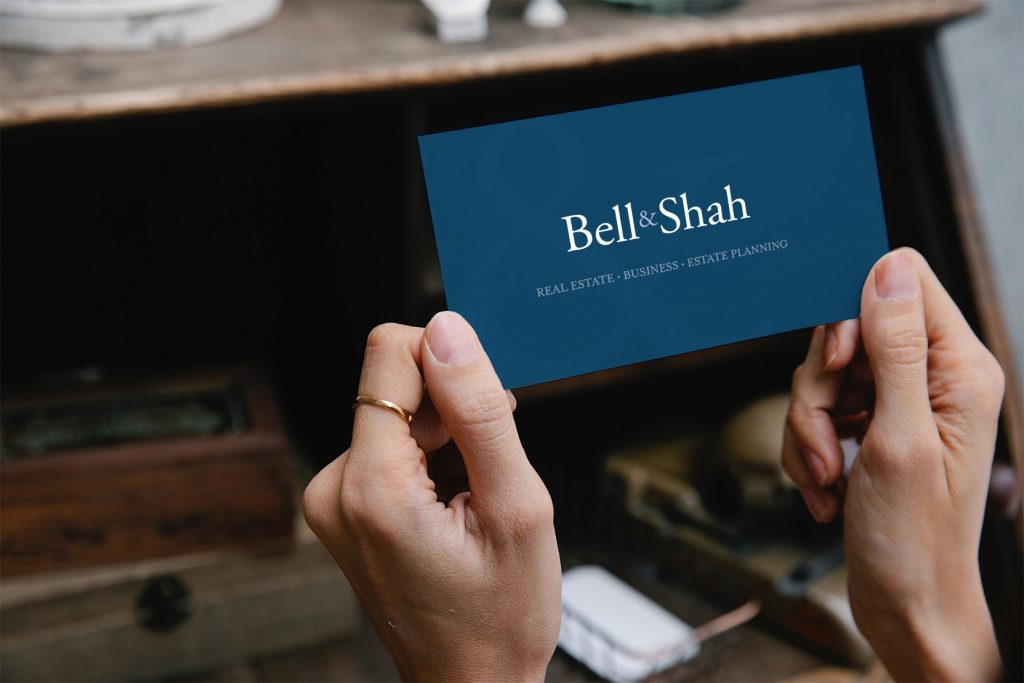Estate planning often includes creating a will, which ensures that the decedent’s various assets will be properly distributed when they die. However, in addition to a will, you might also want to consider choosing to set up a trust. They can be a wonderful way to help keep your assets safe and can offer a range of other benefits.
Trusts are legal contracts, which are drafted by attorneys. There is a named trustee in the contract, that will manage the assets when you are alive and after you have passes away. Let’s look at some of the best reasons to choose a trust.
No Need for Probate
Probate can be a lengthy process that goes through the courts after you die to determine what happens with your assets and to ensure that your will is followed—if you took the initiative to make a will. If you don’t have a will, the court decides what happens with the assets. You can avoid probate in most cases and ensure that the assets go where you want them to when you put them into a trust. You will also appreciate that trusts are private, whereas wills are not.
Trusts Allow for Greater Customization
You can create a trust that’s part of your will or have a separate trust. With trusts, you will have greater options for customizing what happens with the assets. For example, you can include conditions, such as the recipient will not receive the asset until they reach a certain age. You could also put certain guidelines on how the assets can be used.
When you work with your attorney, they can let you know the options you have available when you create a trust. This will make it easier to get the perfect plan set up for your situation.
Trusts Are Easy to Change
One of the other great things about trusts is that it’s easy to make changes to them whenever you need to. Amending the trust with the help of your attorney tends to be fast and easy. You might find that you need to make changes in several instances. Perhaps you have a new child or grandchild that you want to put into the trust. Maybe you had a falling out with someone and you want to make sure they don’t get your assets.
As part of your estate planning process, be sure to speak with your attorney about trusts, so you can see whether it’s the right solution for you.

